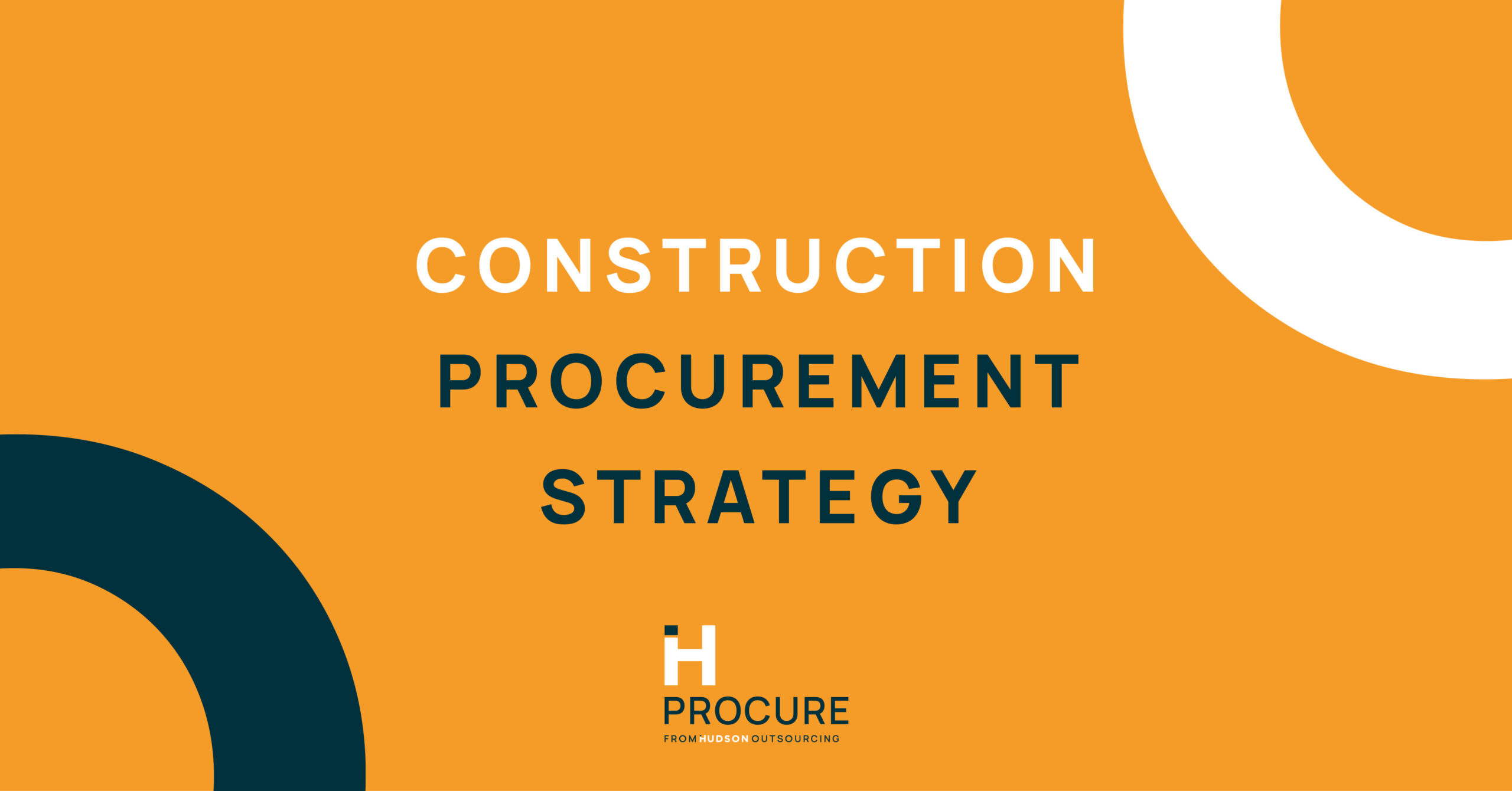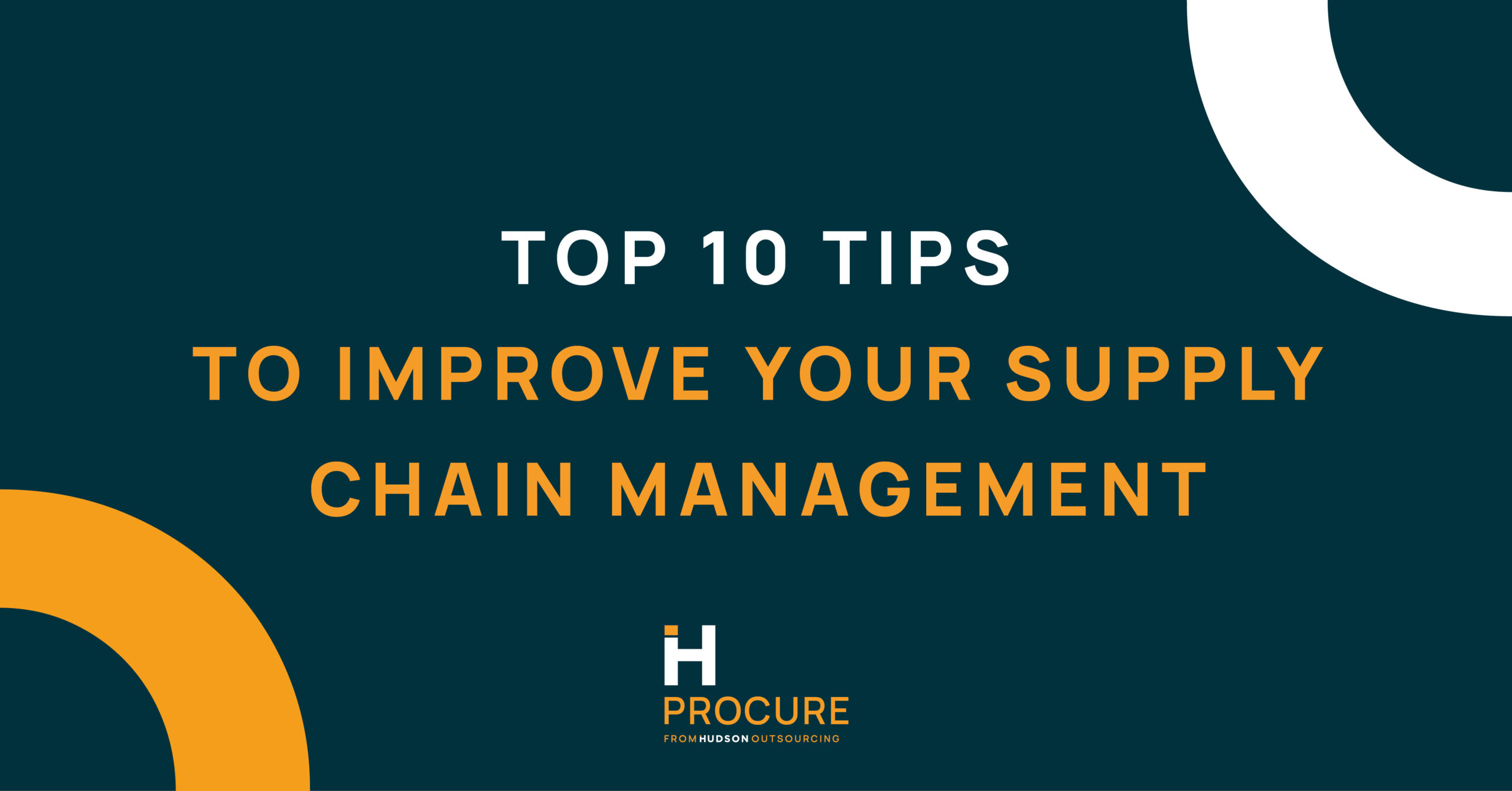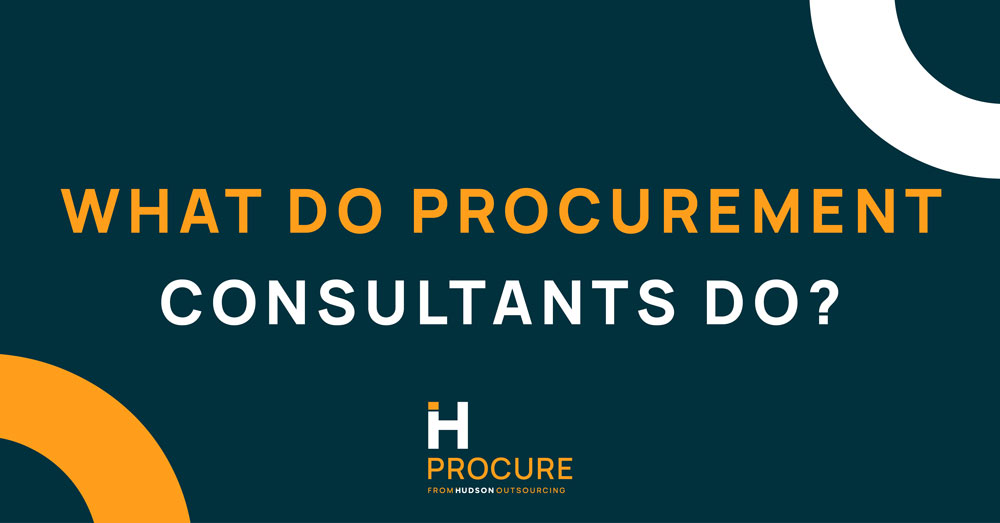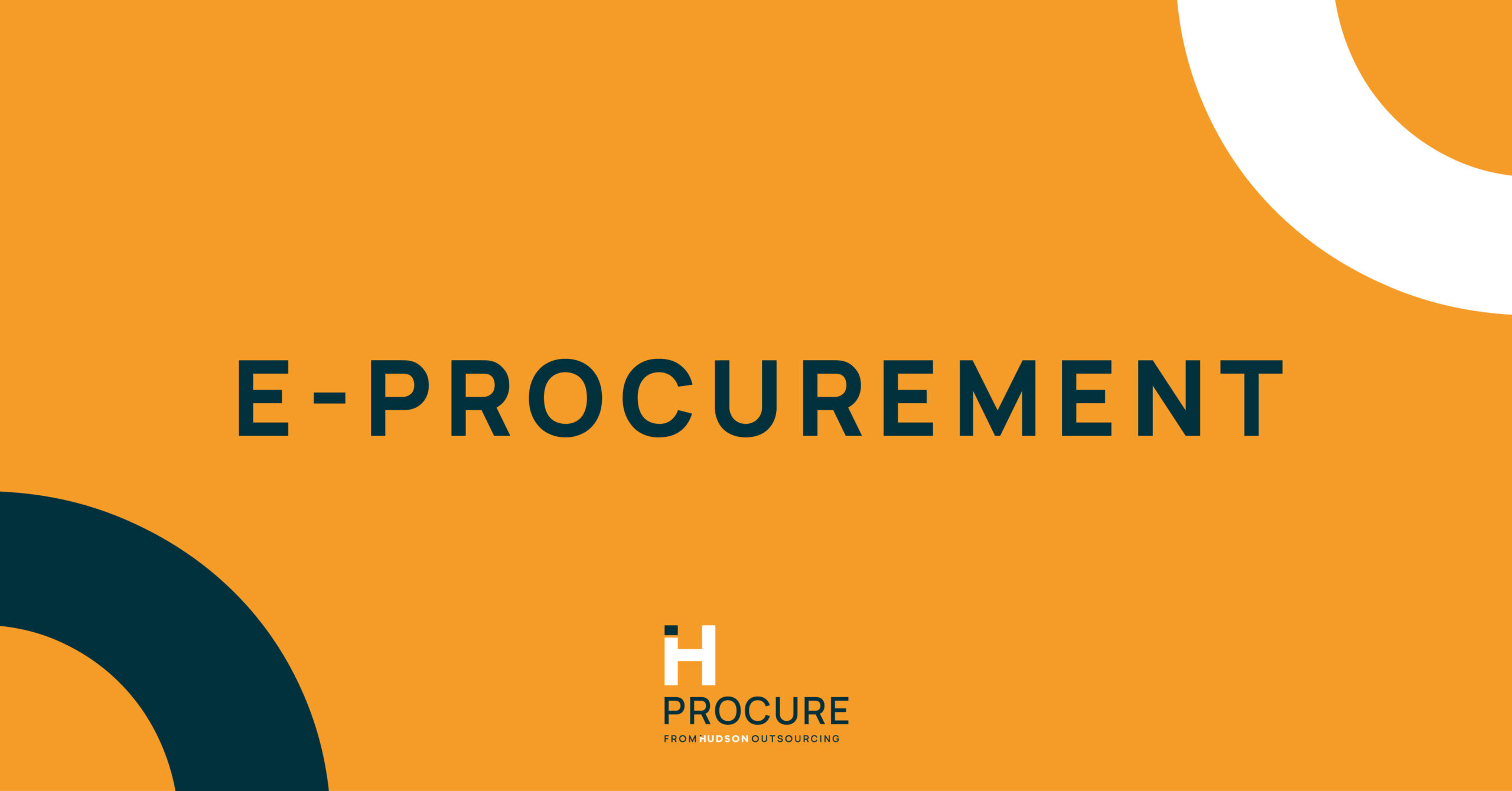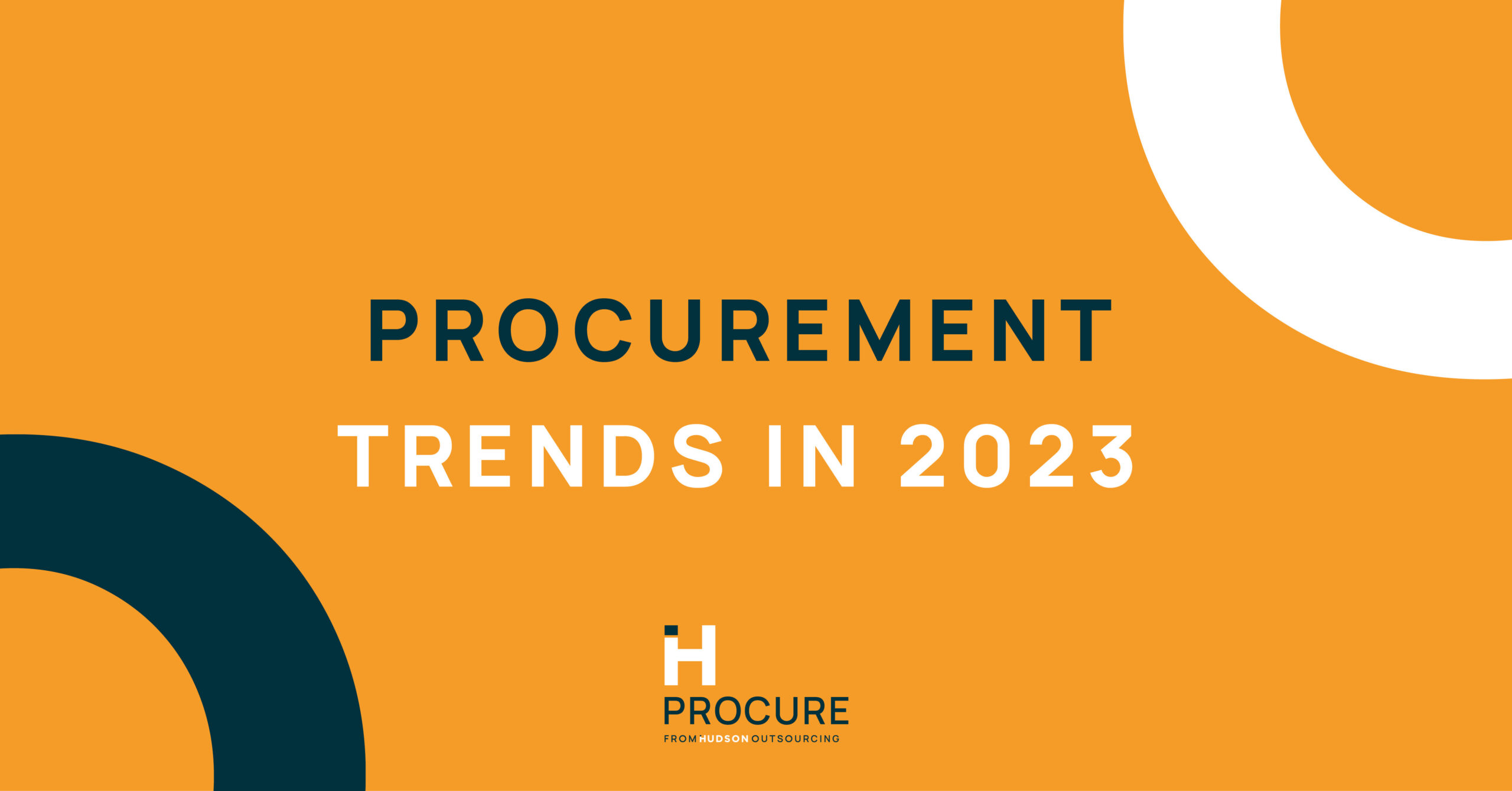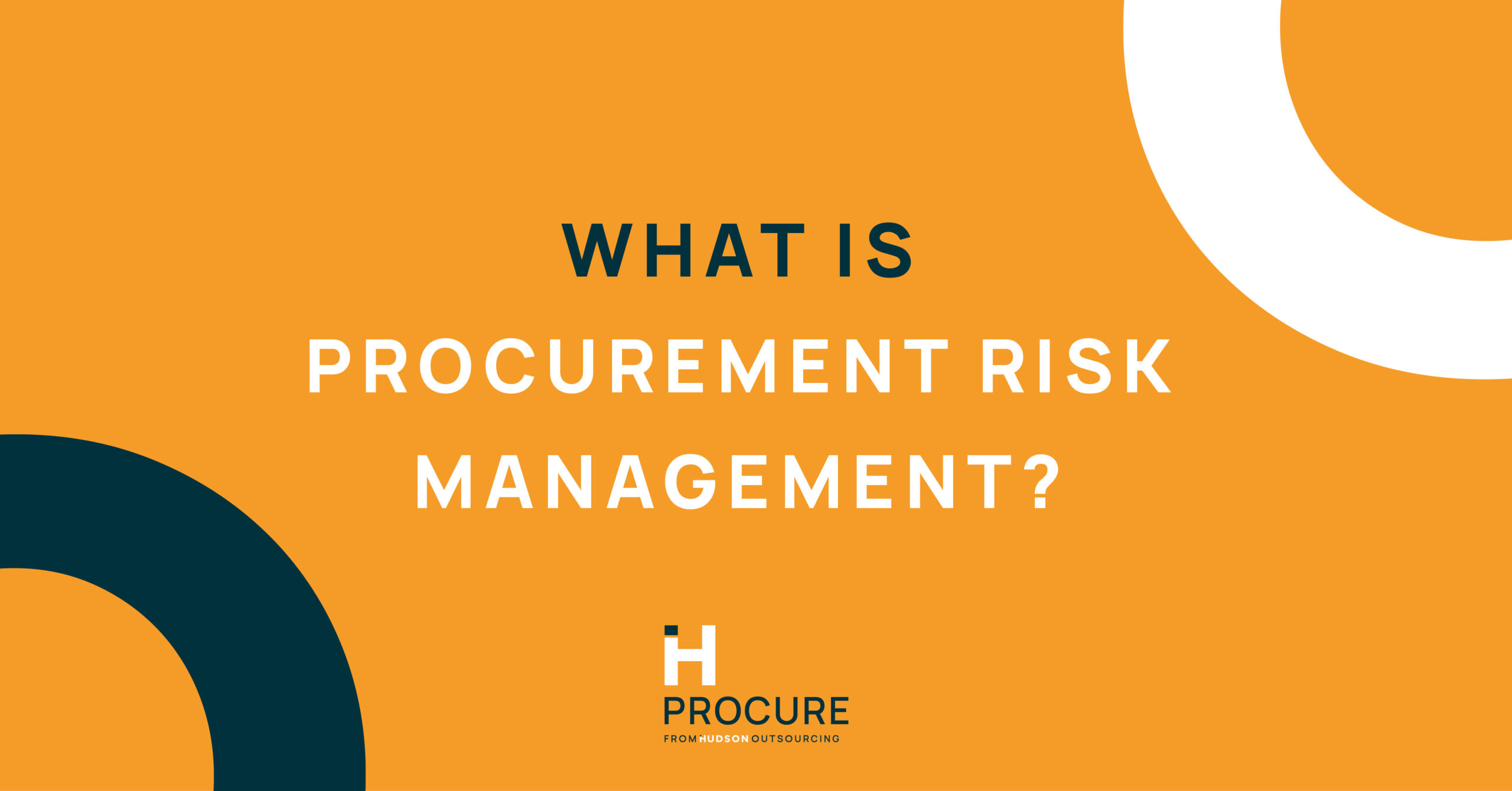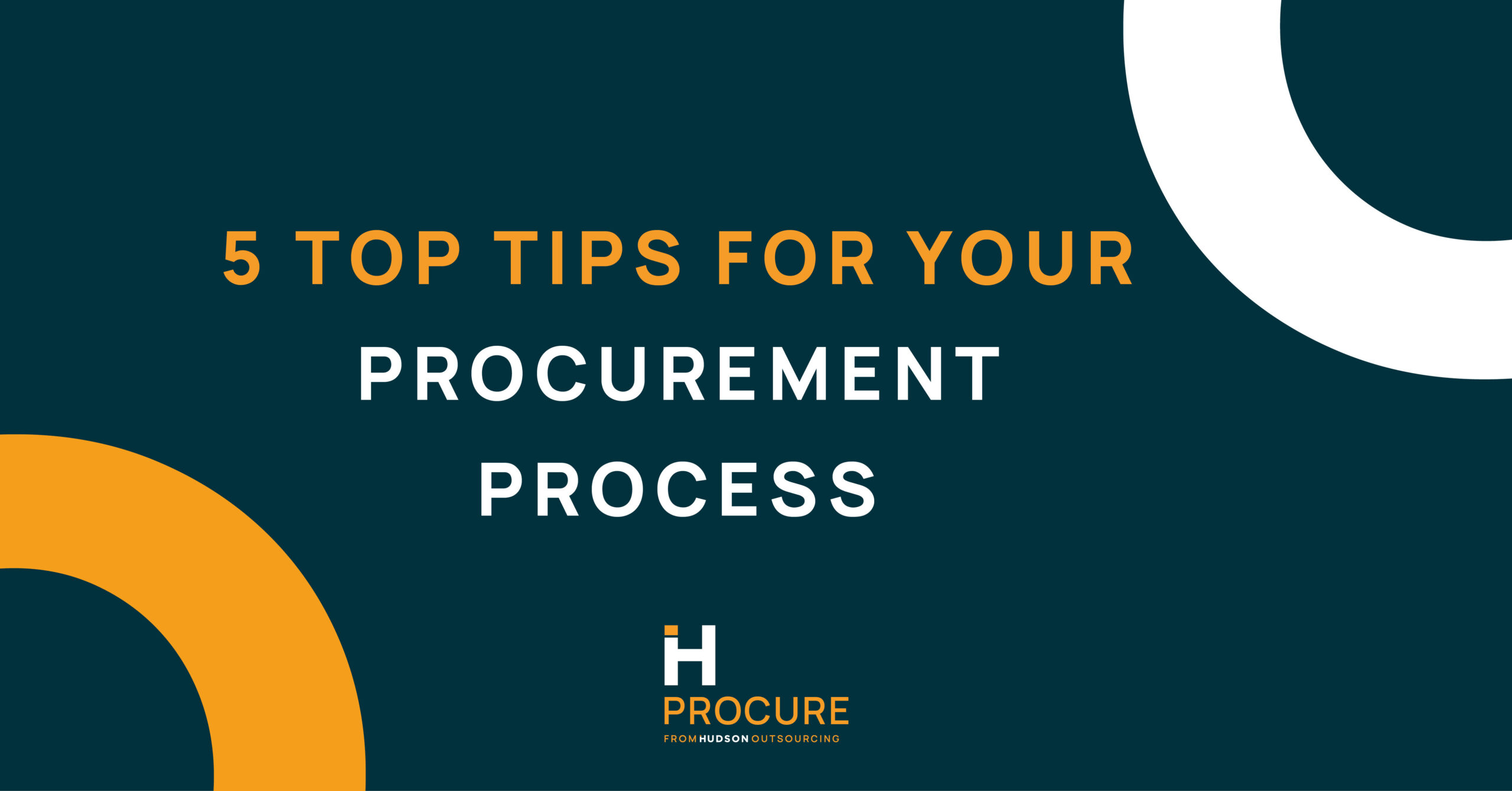Construction Procurement Strategy
The construction industry is a dynamic and multifaceted sector, with projects ranging from small-scale home renovations to large-scale infrastructure developments. One crucial aspect that underpins the success of any construction project is the procurement strategy. A well-designed procurement strategy ensures that resources are acquired at the best possible value while balancing risk and maintaining a high standard of quality.
This blog post delves into the intricacies of construction procurement strategies, exploring various approaches and offering guidance on how to craft an effective strategy for your construction project.
Understanding the Importance of Construction Procurement Strategy
Procurement is the process of identifying, sourcing and acquiring the necessary goods and services required for a construction project. This includes everything from selecting contractors and suppliers to negotiating contracts and overseeing delivery. A well-executed procurement strategy is vital to the success of a project, as it helps to:
- Maximise value for money: By ensuring resources are acquired at the best possible price and quality, a robust procurement strategy can significantly impact a project’s overall budget and profitability.
- Minimise risk: A carefully considered procurement approach can help mitigate potential risks, such as supply chain disruptions, delays, and cost overruns.
- Foster strong supplier relationships: A good procurement strategy can lead to lasting partnerships with suppliers and contractors, which can be invaluable for future projects.
- Enhance project management: A well-structured procurement process enables effective monitoring and control of project progress, ensuring that timelines and quality standards are met.
Key Elements of an Effective Construction Procurement Strategy
Developing a successful procurement strategy requires a comprehensive understanding of the project’s goals, constraints, and risks. The following key elements should be considered when crafting a procurement strategy:
- Project objectives: Clearly defined project objectives, such as budget, timeline, and quality expectations, should inform procurement decisions.
- Market conditions: Understanding the current state of the construction market, including factors such as competition, availability of resources, and price fluctuations, is crucial for making informed procurement choices.
- Risk management: Identifying and assessing potential risks can help develop a risk mitigation plan, which should be integrated into the procurement strategy.
- Stakeholder engagement: Involving stakeholders, such as clients, end-users, and regulatory bodies, throughout the procurement process can help ensure that their needs and expectations are met.
- Sustainability: Incorporating sustainable practices, such as sourcing environmentally friendly materials and prioritising energy-efficient designs, can improve the long-term viability of a project.
Construction Procurement Strategies
There are several procurement strategies commonly used in the construction industry. Each has its own set of advantages and disadvantages, and the choice will depend on the specific needs and objectives of the project.
Traditional Procurement (Design-Bid-Build)
In this approach, the client hires an architect or design team to develop the project design, which is then tendered to contractors for bidding. The winning contractor is responsible for the construction phase. This method is widely used due to its simplicity and clear separation of responsibilities. However, it can be less flexible, and communication between the design and construction teams may be limited.
Design and Build
In this strategy, the client contracts a single entity to both design and construct the project. This approach is known for its speed and efficiency, as it allows for a seamless transition between the design and construction phases. However, it may result in the client having less control over design decisions. Plus, the contractor may prioritise cost savings over quality.
Management Contracting
The client appoints a management contractor to oversee the entire project, including hiring and managing subcontractors for various work packages. The management contractor takes on the responsibility of delivering the project on time and within budget, while the client retains control over design decisions. This approach can be beneficial for complex projects, as it allows for greater flexibility and collaboration between project stakeholders. However, it may require a more hands-on approach from the client and can result in higher management fees.
Construction Management
Similar to management contracting, construction management involves hiring a construction manager to oversee the project’s delivery. The difference lies in the contractual relationships. In this approach, the client directly contracts with individual trade contractors, while the construction manager coordinates and manages their work. This method offers increased client control and flexibility. But, it also requires a greater level of involvement from the client and may result in higher risks associated with managing multiple contracts.
Public-Private Partnerships (PPPs)
PPPs involve collaboration between public and private sector entities to finance, design, build, and operate infrastructure projects. This model can help spread risk between parties and provide access to private sector expertise and resources. However, it can be more complex to implement, and the long-term nature of PPP contracts may make it difficult to adapt to changing market conditions.
Developing a Tailored Construction Procurement Strategy
To create an effective procurement strategy for your construction project, consider the following steps:
- Establish clear objectives: Define your project’s goals, including budget, timeline, and quality standards. This will provide a solid foundation for your procurement decisions.
- Conduct market research: Investigate the current construction market to gain insight into factors that may impact your procurement choices — competition, material prices, and labour availability.
- Identify potential risks: Assess any risks that could impact your project, including supply chain disruptions, regulatory changes, or environmental factors. Develop a risk management plan to mitigate these risks within your procurement strategy.
- Engage stakeholders: Engage with key project stakeholders, such as clients, end-users, and regulatory bodies, to ensure their needs and expectations are incorporated into the procurement strategy.
- Evaluate procurement options: Assess the advantages and disadvantages of various procurement methods in the context of your project. Consider factors such as project complexity, client control, and risk allocation when choosing the most suitable approach.
- Incorporate sustainability: Prioritise sustainable procurement practices, such as sourcing environmentally friendly materials and promoting energy-efficient designs, to enhance the long-term viability of your project.
- Develop a detailed procurement plan: Once the most suitable procurement method has been chosen, create a comprehensive procurement plan outlining the required goods and services, timelines, and contract management processes.
Implementing and Monitoring the Procurement Strategy
An effective procurement strategy is only as successful as its implementation. Consider the following best practices for implementing and monitoring your strategy:
- Clear communication: Ensure that all project stakeholders are informed of the procurement strategy and understand their roles and responsibilities within the process.
- Supplier prequalification: Conduct thorough assessments of potential suppliers and contractors to ensure they have the necessary skills, experience, and resources to deliver on your project’s requirements.
- Competitive tendering: Use competitive tendering processes to obtain the best value for money, while maintaining a high standard of quality.
- Contract management: Establish robust contract management processes to monitor supplier performance, manage variations, and ensure that contractual obligations are met.
- Performance monitoring: Regularly review the performance of suppliers and contractors and provide feedback to drive continuous improvement.
- Risk management: Continuously monitor and assess project risks throughout the procurement process and update your risk management plan as required.
- Stakeholder engagement: Maintain open lines of communication with stakeholders to ensure their needs and expectations are met throughout the project lifecycle.
- Continuous improvement: Learn from both successes and challenges encountered during the procurement process and use this knowledge to improve your future procurement strategy.
Leveraging Technology in Construction Procurement
Embracing technology can significantly enhance your procurement strategy, streamline processes, and improve overall project outcomes. Some of the key technologies to consider include:
- e-Procurement platforms: These online platforms can help automate procurement processes, making it easier to manage tenders, evaluate bids, and monitor supplier performance.
- Building Information Modelling (BIM): BIM is a digital representation of a project’s physical and functional characteristics. It can help improve collaboration between stakeholders and facilitate better decision-making throughout the procurement process.
- Supply chain management software: These tools can help you track and manage your project’s supply chain, allowing you to identify potential risks and optimise resource allocation.
- Data analytics: Harnessing data can help you make more informed procurement decisions. It can also help you identify trends and uncover opportunities for cost savings and efficiency improvements.
- Internet of Things (IoT) and smart technologies: IoT-enabled devices and smart technologies can provide real-time data on the performance of materials and equipment. This allows for more effective procurement and maintenance decisions.
Navigating Challenges in Construction Procurement
The construction procurement process can be fraught with challenges, from dealing with fluctuating market conditions to managing complex contractual relationships. To navigate these challenges, consider the following tips:
- Stay agile: Be prepared to adapt your procurement strategy in response to changing market conditions —fluctuations in material prices or labour shortages.
- Emphasise transparency: Encourage open communication and information sharing among project stakeholders to foster trust and collaboration.
- Focus on long-term relationships: Cultivate strong relationships with suppliers and contractors by demonstrating a commitment to fair and transparent procurement processes. You should also provide feedback and support for continuous improvement.
- Be proactive in risk management: Continuously monitor and assess project risks and implement mitigation strategies. This ensures you minimise their impact on the procurement process.
- Invest in training and development: Ensure that your procurement team has the necessary skills and knowledge to effectively manage the procurement process. You should also provide ongoing training to keep them up-to-date with industry best practices and technological advancements.
Let’s sum it up!
An effective construction procurement strategy is crucial for the success of any project. By carefully considering the key elements of procurement, evaluating different approaches, and implementing best practices, you can create a robust procurement strategy. This will maximise your value for money, minimise risk, and ensure the delivery of high-quality construction projects. Embracing technology, focusing on sustainability, and fostering strong supplier relationships are just a few ways to further enhance your procurement strategy. You will also achieve even greater success in the construction industry.
More Information About Us!
Procure Consult
With Procure Consult, we offer support with tender management and ad-hoc procurement consultancy. Our expert team will manage the end-to-end procurement process or offer assistance at any stage, as and when required.
Procure Health Check
With Procure Health Check, we’ll conduct a full review of the strategic and operational procurement processes within your organisation. We’ll identify the areas that need improvement and help you drive greater value from the procurement process.
Procure Analyse
The purpose of Procure Analyse is to conduct a high-level analysis of your spending activity. We’ll help you understand your current purchasing behaviour and highlight areas that can deliver greater value. Procure Analyse is also offered as part of Procure Health Check or as a standalone service.
Procure Outsourcing
With Procure Outsourcing, we deliver a range of procurement solutions on an outsourced basis, completely bespoke to you. This can range from delivering multiple tender projects as a package to delivering the full procurement function of your organisation.
Procure Post
Are you trying to find a supplier for your project? Post your tendering opportunity onto any of our 11 sector-specific portals for FREE with Procure Post!
Housed by our sister company, Hudson Discover, our portals host thousands of tendering opportunities for organisations of all sizes. For an additional cost, we’ll even help you identify your requirements and find the most suitable suppliers for your business.
Get in touch for a consultation and find out how we can help your business drive better value from procurement.
Check out our other blogs for further Procurement Insights:

